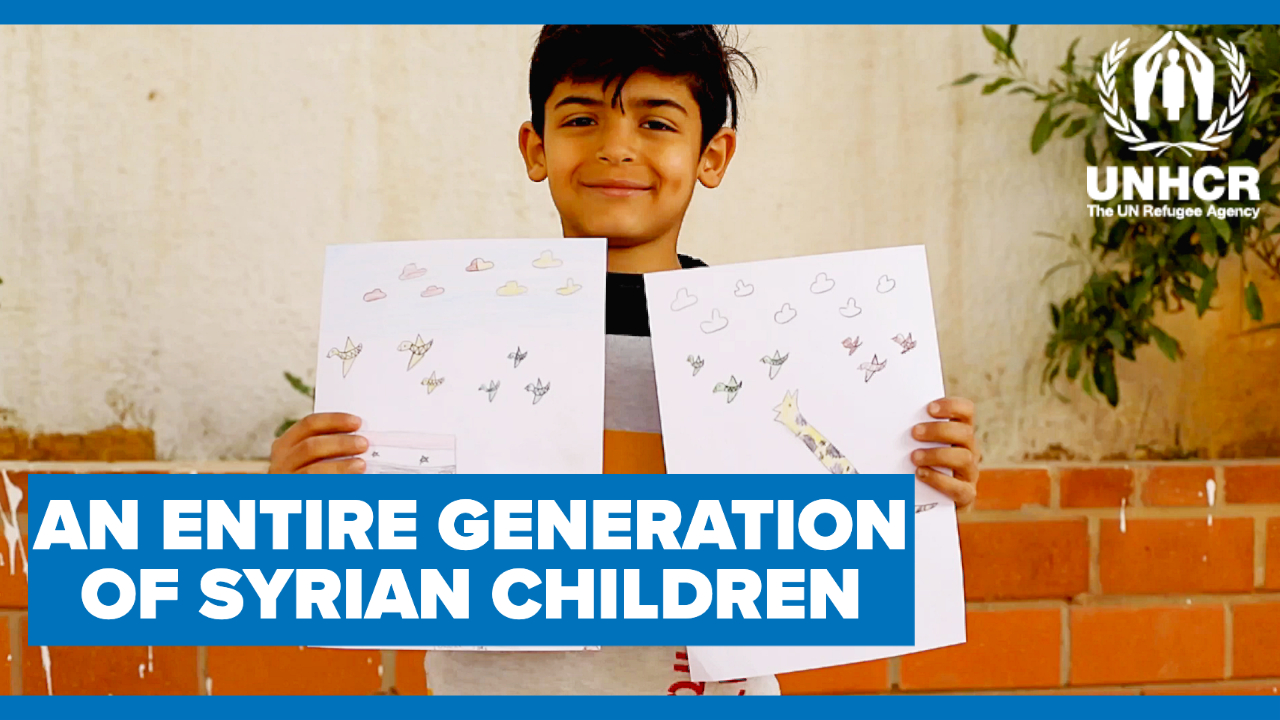Iraq: Iranian Kurds to be transferred from insecure Al Tash camp
Iraq: Iranian Kurds to be transferred from insecure Al Tash camp
UNHCR is moving ahead with preparations for the transfer of some 2,000 Iranian Kurdish refugees living in difficult security conditions in Al Tash refugee camp, near Ramadi in central Iraq, to a temporary site at Kawa in northern Iraq, near Erbil. After the relocation, most of the Iranian-Kurd population at Al Tash would have left the camp, many on their own accord. UNHCR's implementing partner will assist with the relocation and settlement of the refugees, which is expected to take place in November. Discussions are continuing with the local authorities in northern Iraq over a second potential site for the Al Tash refugees in Sulaymaniyah Governorate.
Serious security incidents in Al Tash camp - including operations by multinational forces; armed men in the vicinity of the camps; three refugee deaths and two kidnappings in the last six months; as well as frequent water shortages and interrupted electricity supplies - have made life extremely difficult for the refugees. Because of the security situation, aid agencies are only able to make sporadic visits to the camp.
The Kawa site in Erbil Governorate has already been cleared, ready for construction of a temporary tented camp which is expected to be finished in the next few weeks. The camp, which will have water, sanitation, electricity, schools and health care facilities, will be used by the refugees until a more permanent camp is constructed at the site.
After the fall of Saddam Hussein in 2003, thousands of Iranian Kurds decided to leave Al Tash camp, where some 12,000 had spent more than 20 years after fleeing Iran following the Islamic revolution. Some 3,200 former Al Tash residents moved up to the Sulaymaniyah region on their own initiative, and have been helped by the local authorities, UNHCR and other agencies to settle in to their new home area.






